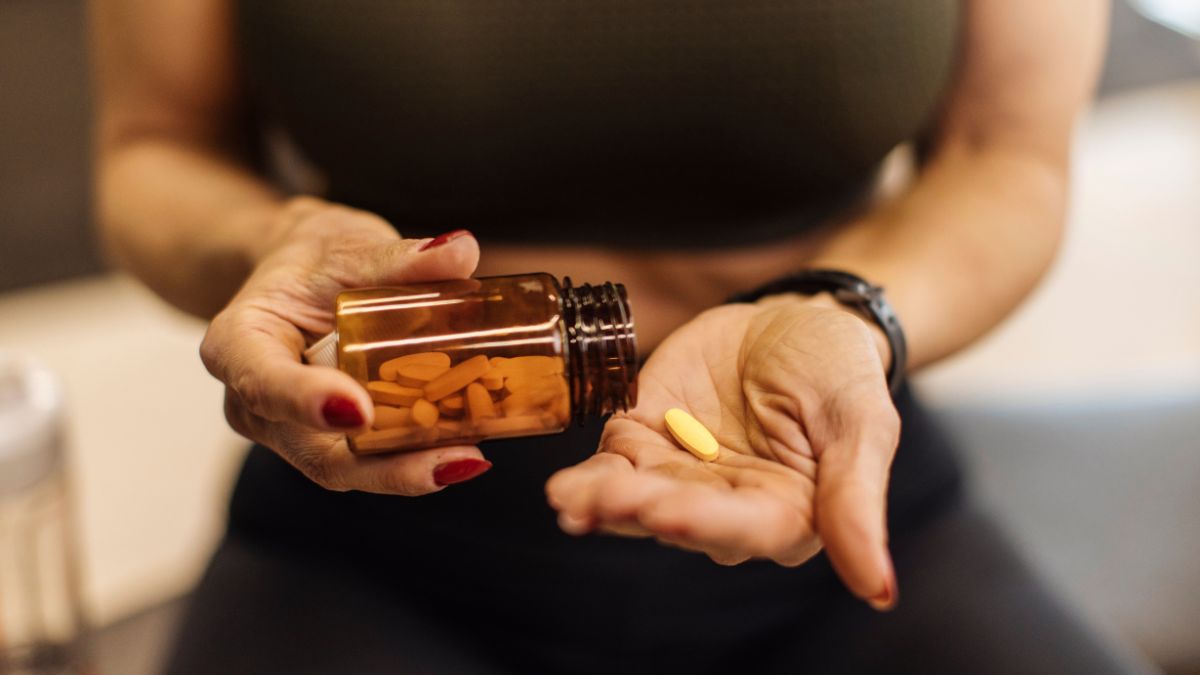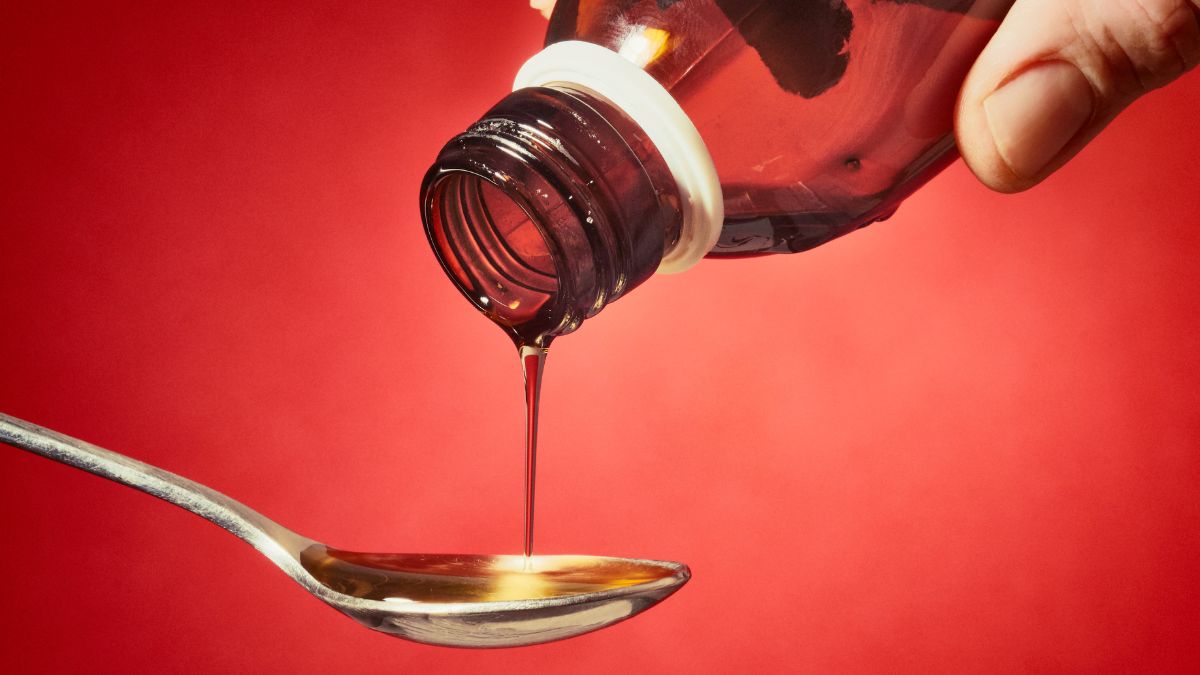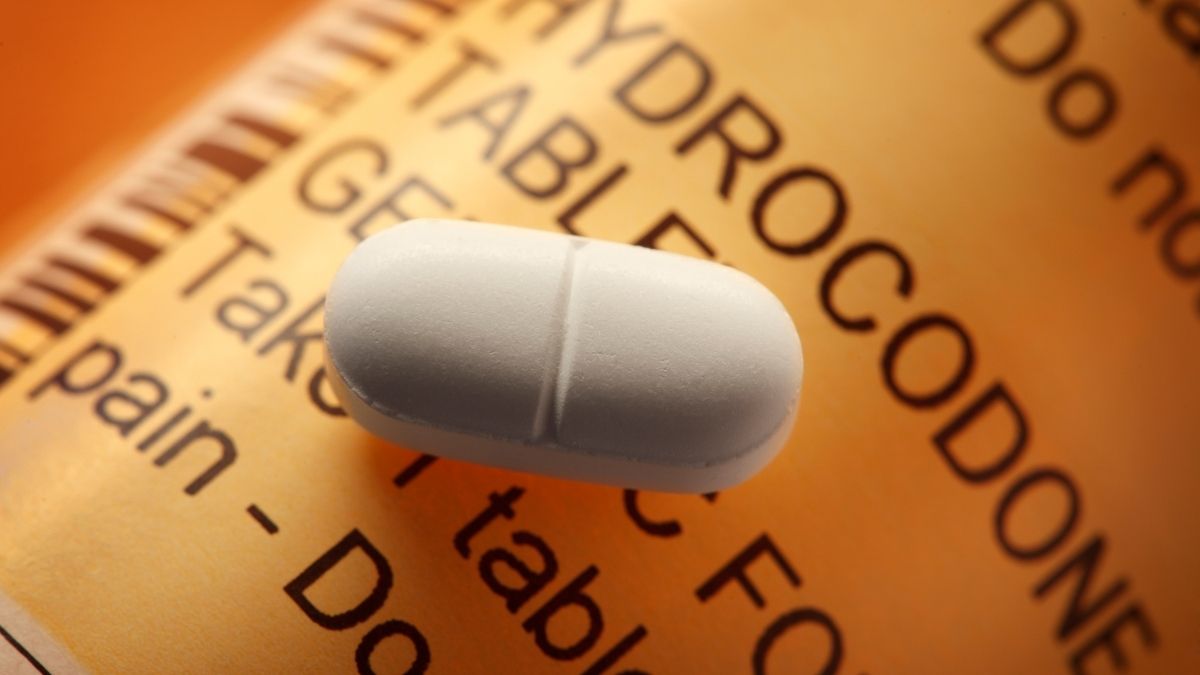Today, we know Darren Waller as the NFL veteran tight end who has played for eight seasons in the NFL - with teams like the Baltimore Ravens, Las Vegas Raiders, and New York Giants. But what may not immediately come to your mind is that this legend has not had a linear journey defined by a rise and rise toward NFL stardom. In fact, he has had to face a long-drawn battle with drugs and addiction, of which he once said, “I was getting high, literally, every day. Whatever I could get my hands on.”
However, as they say, out of suffering have emerged the strongest souls. Waller’s journey to recovery began with the decision to recover when he received a 1-year suspension and overdosed in a car parking lot. Achieving sobriety not only felt like a reprieve for his career but something that he embraced fully to lead a life of hope and inspiration.
Darren Waller’s Struggle with Substance Abuse
Amidst the razzle and dazzle of the NFL, an athlete’s struggle with substance use may get lost - but this is the story that needs to be told. Darren Waller may look like a readymade star, but it is his struggle with and recovery from substance use that actually makes him shine.
Waller’s substance use began as a youth in Baltimore when he began to regularly use opioids, cocaine, and alcohol. A deadly combination that not only took a toll on his well-being but also impacted his performance on the field. He did not use these substances only for the high; in fact, they were his way of dealing with feelings of inadequacy and isolation. His substance use problems began to escalate to the point that he had to face not one but two suspensions. The career that he had always dreamed of was slipping away from him - only for this dangerous cocktail to take over his life, his career, and his relationships.
Call Design for Recovery to Begin Your Healing Journey!
Reach out to our team to discuss sober living options and next steps toward a healthier routine.
Rehab and the Road to Sobriety
What leads you to recovery is unique to you. But more often than not, it is after a very low point. For Waller, it was when he overdosed in his car at a Walmart parking lot. He considers himself lucky to have regained consciousness and realizes that he could have lost everything he had lived up to this moment, and this led him to the road to recovery. Like many, his journey began with detoxification (detox). It was not easy. He was crying every day, far removed from the environment he was familiar with. But as one day turned into a week, he saw that he had begun to enjoy the life he was seeing now. His rehabilitation (rehab) involved 30 days of intensive individual therapy, group therapy, and developing new coping skills, where he found strength in his vulnerability to open up and welcome new experiences.
The road after rehab was not easy either. As he was released by the Las Vegas Raiders, he saw himself working at a grocery store, attending recovery meetings for enduring sobriety. He took one day at a time, focusing not only on the outcome but also on the process.
NFL Comeback Fueled by Recovery
Waller’s return to the NFL did not happen right away, and it was not as glitzy as comebacks typically are. In 2018, more than a year of being sober, the Raiders signed him into their practice squad. Waller took the chance he got and built on this - by 2019, he gained a spot in the active roster, and the most of this by putting up a stellar performance - 107 catches for 1,196 yards, which proved to be the way to his first Pro Bowl selection.
Waller’s story is not like a movie where the underdog makes it big, and everybody lives happily ever after - no, Waller did not sweep his recovery under the carpet as one is often wont to do. He spoke openly and candidly about his struggles with substance use and his road to recovery. He used his voice to shed light on how addiction can affect everyone, but there is also hope to be found in recovery, encouraging many to seek the care they need and deserve.
By 2020, Waller had established the Darren Waller Foundation. It enables youth struggling with addiction toward recovery, particularly focusing on the regions of Baltimore and Las Vegas, which played an immense role in shaping Waller’s life.
Contact Design for Recovery Today!
Fill out our quick form to connect with a peer mentor and learn how our sober living community supports accountability, structure, and personal growth in recovery.
Why Athletes Like Waller Turn to Drugs?
Athletes are, in many ways, the best mankind has to offer - the epitome of physical strength and endurance. Or this is how we see them anyway. Despite this, they are not beyond the struggles of every person in the world. Furthermore, performing on such a big stage and the ever-mounting pressure can easily lead them to alcohol or drugs.
Waller used alcohol and drugs as a way to escape his feelings of inadequacy and isolation - the darker side of stardom that nobody speaks about. Many athletes also use substances to enhance their performance, numb the pain and suffering of underlying mental health challenges, and to deal with the stressors of performance, injuries, and retirement.
Darren Waller Shows That Recovery Is Possible
Darren Waller's journey from the lowest lows of addiction to one of the most amazing comebacks in NFL history shows that recovery is possible. His willingness to share his story and shed light on the struggles of youth with addiction problems shows that addiction or recovery is not something to hide - countless persons struggle with it, and countless can also overcome it. What you need is the right personalized care tailored to your needs and goals.
If you or a loved one is struggling with addiction, remember Waller’s story of healing and success. His rock bottom became the foundation on which he rebuilt his life. In recovery, you will learn how to turn challenges into opportunities as you heal one day at a time. You only have to take the first step and reach out.
Your Story Can Change, Too—Start Your Recovery Today
The world is full of suffering, but it is also full of overcoming, too. You can overcome your substance use today with personalized, integrated care plans that are designed for your unique recovery journey.
Waller’s story is one that offers hope to those struggling with addiction. At Design For Recovery, our sober living homes for young men are designed to provide you with a structured environment, clinical care, and community for a lasting recovery - the very same principles that empowered Waller toward sobriety and a thriving future.
- Darren Waller’s Struggle with Substance Abuse
- Rehab and the Road to Sobriety
- NFL Comeback Fueled by Recovery
- Why Athletes Like Waller Turn to Drugs?
- Darren Waller Shows That Recovery Is Possible
- Your Story Can Change, Too—Start Your Recovery Today
Begin Lasting Sobriety Now!
Frequently Asked Questions
Darren Waller is an NFL player who had to overcome his struggles with substance use to achieve sobriety and success.
Waller abused substances like opioids, cocaine, and alcohol.
After a near-fatal overdose in a Walmart car parking lot, Waller made the decision to recover by entering rehab for 30 days.
Waller’s recovery led to his comeback, culminating in his first Pro Bowl appearance and the founding of his own addiction recovery foundation.
Waller’s story shows that struggles with addiction are common. However, there is hope for recovery with the right care and the willingness to change.
https://www.nytimes.com/athletic/5553742/2024/06/10/darren-waller-retires-scoop-city/
https://pmc.ncbi.nlm.nih.gov/articles/PMC4140700/







Written By
David Beasley